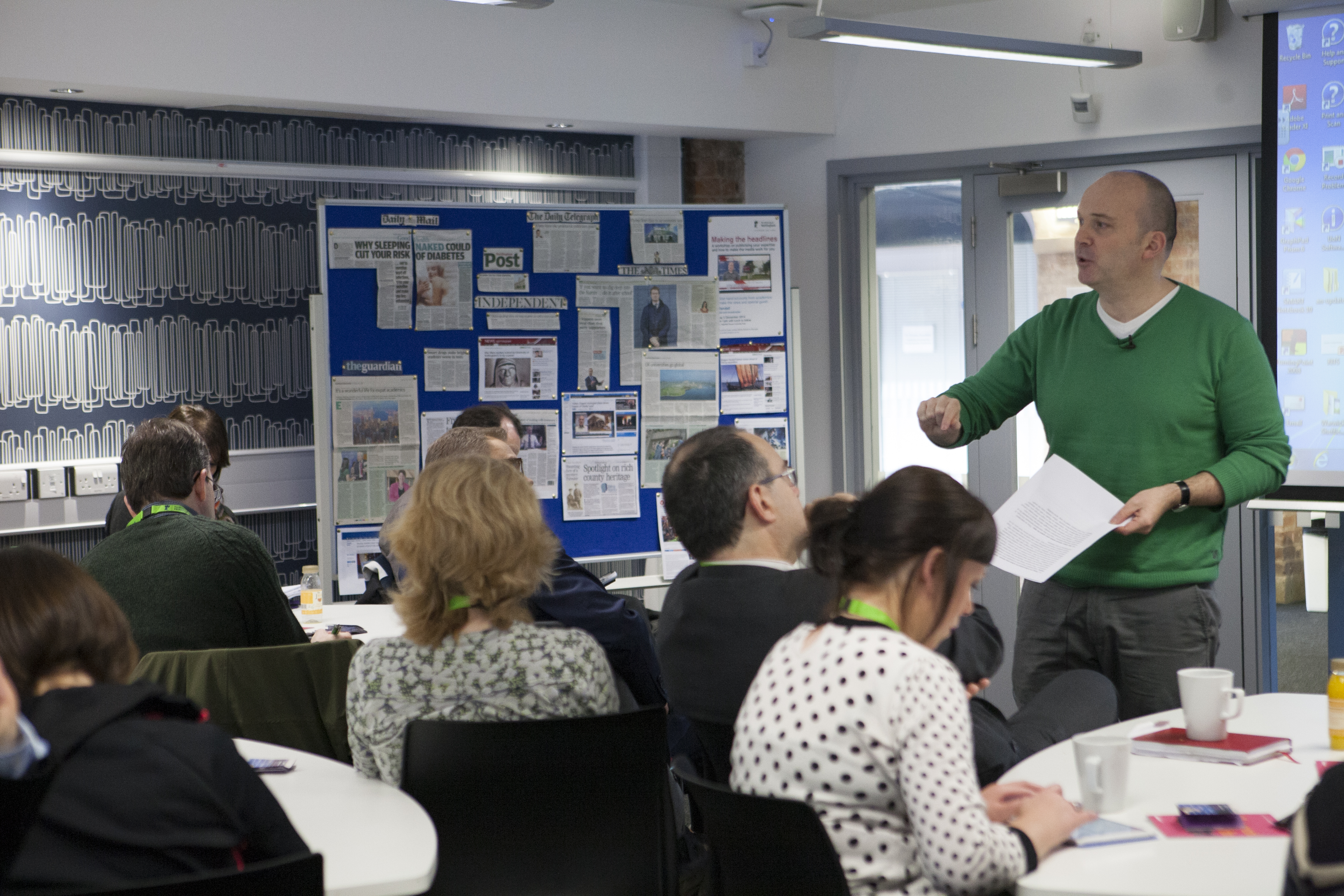
December 3, 2014, by Rob Ounsworth
So why should academics engage with the media?
“Sitting in your office, in glorious isolation, may well be safer and easier, but there’s a reason for that: it’s very dull.”
So said Philip Cowley, Professor of Parliamentary Government and seasoned blogger, broadcaster and tweeter, at a workshop aimed at encouraging his fellow academics to share their expertise with the wider world.
There may be risks – “we all fear our work being distorted or corpsing on live TV” – but he believes the benefits far outweigh them.
The ‘Making the Headlines’ workshop, hosted by the University’s Communications team, heard that these plusses include sharing research findings as widely as possible, raising the University’s profile, and becoming a better and more succinct communicator. And, not least, it may be fun.
Phil was joined by two fellow academics who shared their experience of working with the media.
Dr Sandra Corr of the Vet School spoke about operating on a gorilla at a primate sanctuary in Africa – with the BBC, ITV and the Daily Mail in tow. Her talk on the do’s and don’ts of dealing with the media was summed up with this advice: “don’t do anything you wouldn’t normally do”.
Virologist Professor Jonathan Ball spoke of his journey from media sceptic to believer: “I was once Phil Cowley’s archetypal sulky academic, sulking in his room.” Jonathan – who is a British Science Association Media Fellow spent eight weeks embedded with the BBC, learning what it’s like to be a journalist. Over the last few months he has worked tirelessly talking to the media about Ebola. And after his presentation he disappeared to talk HIV to BBC Newsday, BBC Wales, the News Channel and BBC Nottingham. He’s quoted on BBC Online, and there’s an entire feature from him about ‘HIV: Why is the virus so ‘successful‘? on the BBC website.
The media workshop was rounded off by Jeff Randall, a Nottingham alumnus (BA Economics, 1979) and former BBC business editor, Fleet Street veteran and Sky TV presenter, who is a member of the University Council.
Jeff is also a champion of the Media Hub, a purpose-built studio on University Park that allows the world’s broadcasters to access expert commentary from our academics: if journalists require insight on a news story, our experts can record interviews or broadcast live via a fixed camera and ISDN line to TV and radio programmes around the world.
In the spirit of Professor Cowley’s 20-point guide on engaging with the media (you’ll find it on the blog Ballots & Bullets, itself a masterclass in how to make research topical and accessible), here’s some of the insights shared at the workshop:
1) Fill the void. Putting yourself in the spotlight and offering expert insight can make a difference and influence policy-makers: compare the misinformation surrounding the MMR vaccine with the more measured and informed response to the Ebola outbreak.
2) It’s good for Nottingham. Everyone wins by raising the profile of our institution and its research.
3) If you’re worried about looking old/fat/silly, don’t watch yourself.
4) Sandra Corr says the BBC are more generous in getting the beers in than ITV or the Daily Mail.
5) Be prepared to say no. If it’s not your area of expertise, say so, and suggest a colleague who better fits the bill.
6) Don’t accept a false premise. If the interviewer asks the wrong question, take them down the road you want to travel. “Arthur Scargill was the master of this,” says Jeff Randall.
7) If live interviews are too daunting, go for recorded ones. “If you are unhappy with what you’ve said, swear so they can’t use it,” says Phil Cowley. “This approach isn’t advisable on live broadcasts.”
8) That first live TV appearance is terrifying. But you’ll get over it. Remember you are working with professionals, says Jonathan Ball – it’s in their interest to put you at ease.
9) Watch the birdy. If asked to look down the camera for link to a remote interviewer, keep your eyes still and not darting off-camera. Otherwise, like Phil Cowley recalling his first time on Sky News, you’ll look like a hyperactive Nookie Bear.
10) Consider applying for a British Science Association Media Fellowship Jonathan Ball had a six-week placement with the BBC.
11) Think like a journalist. What type of stories are the media interested in? How can you contribute?
12) Sign up for our online Media Expertise Guide, which features 500 experts. So far this year, it has had 160,000 views from journalists looking for academics to add substance to their stories.
13) Be prepared to say no#2. Use your common sense, says Sandra Corr, who kept the cameras at bay in Cameroon when she felt filming was inappropriate.
14) Don’t waffle. Prioritise what you want to say and take Andrew Marr’s advice to Jeff Randall: “You only need two thoughts for an interview – a big one and a little one in case you forget the big one.”
15) Find the time. Over the course of a career, says Phil Cowley, surely you can sacrifice completing one or two papers for the chance to share your research with millions.
16) It’s you they want. The Communications team offer training, support and advice and can help you build relationships with the media. But it’s you the journalists want.
17) Find the time#2. If a big story breaks and you’re in demand (see Professor Ball and Ebola) be prepared to clear your diary.
18) Find the time#3. The Media Hub has made it easier for broadcasters to access expert commentators. Now you no longer have the excuse of not having the time to traipse off to a TV studio or radio station.
19) Don’t sit back and wait for a journalist to call. See points 9, 10, 11, 16, 18. If you are interested in working with the media or using the Media Hub, contact Communications: t: 951 5765 email: communications@nottingham.ac.uk
20)And remember – it could be fun.
To book a place on a media workshop, contact Media Relations Manager Lindsay Brooke email: lindsay.brooke@nottingham.ac.uk t: 0115 951 5751

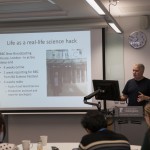
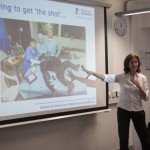
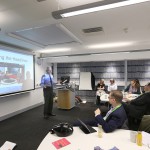
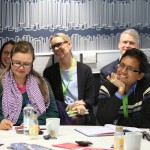
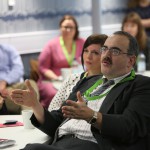
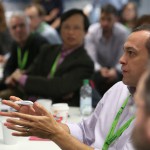
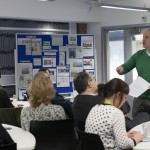
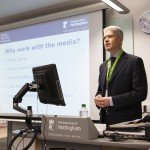
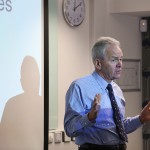
Interesting stuff – meshes with post later in the year about the Royal Society “Pairing Scheme”. Have mentioned this post here:
http://nottinghamscience.blogspot.com/2015/12/stuff-from-uon-in-2015.html